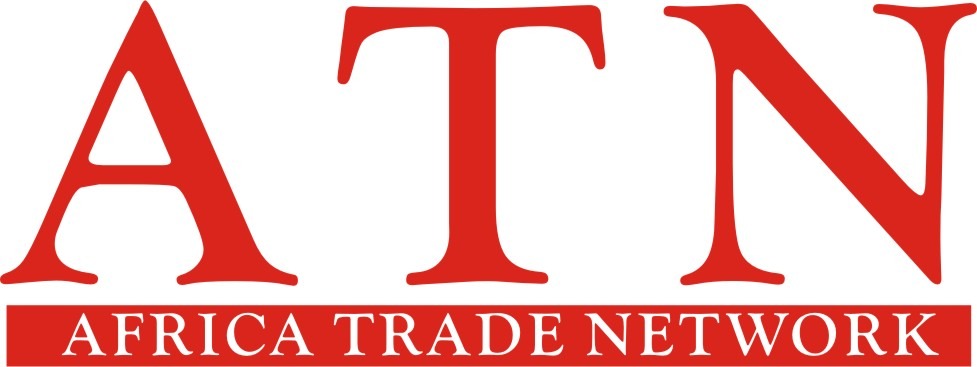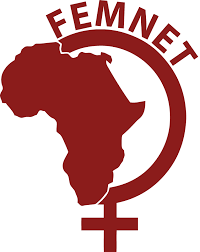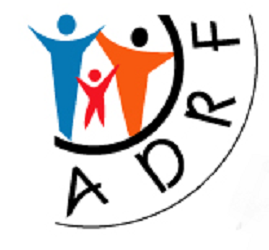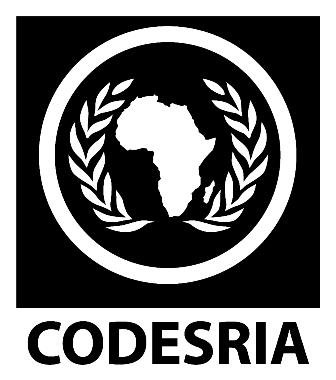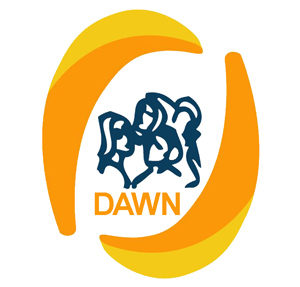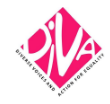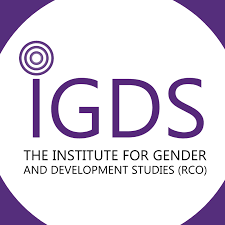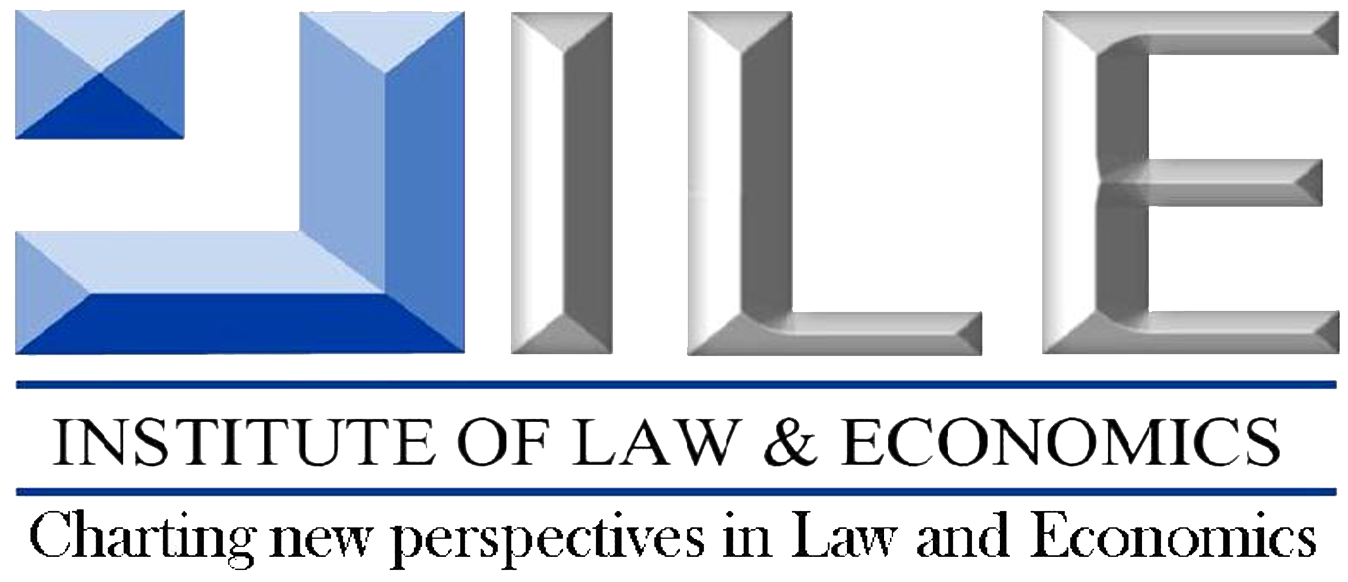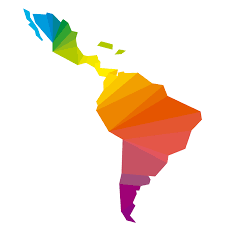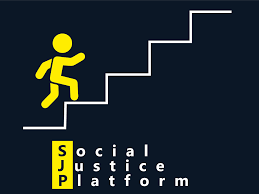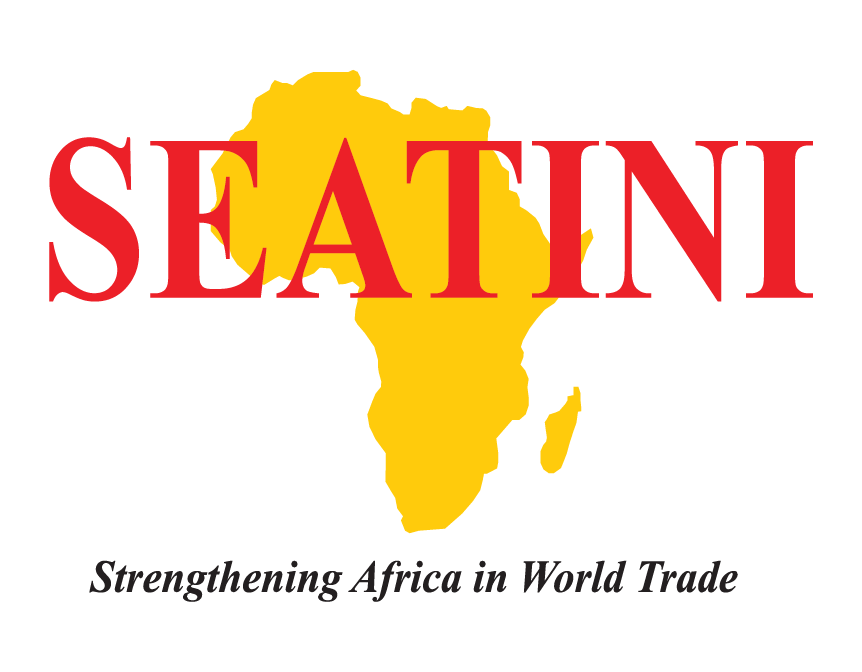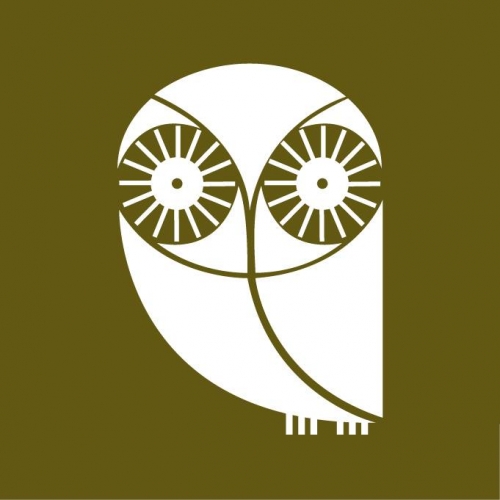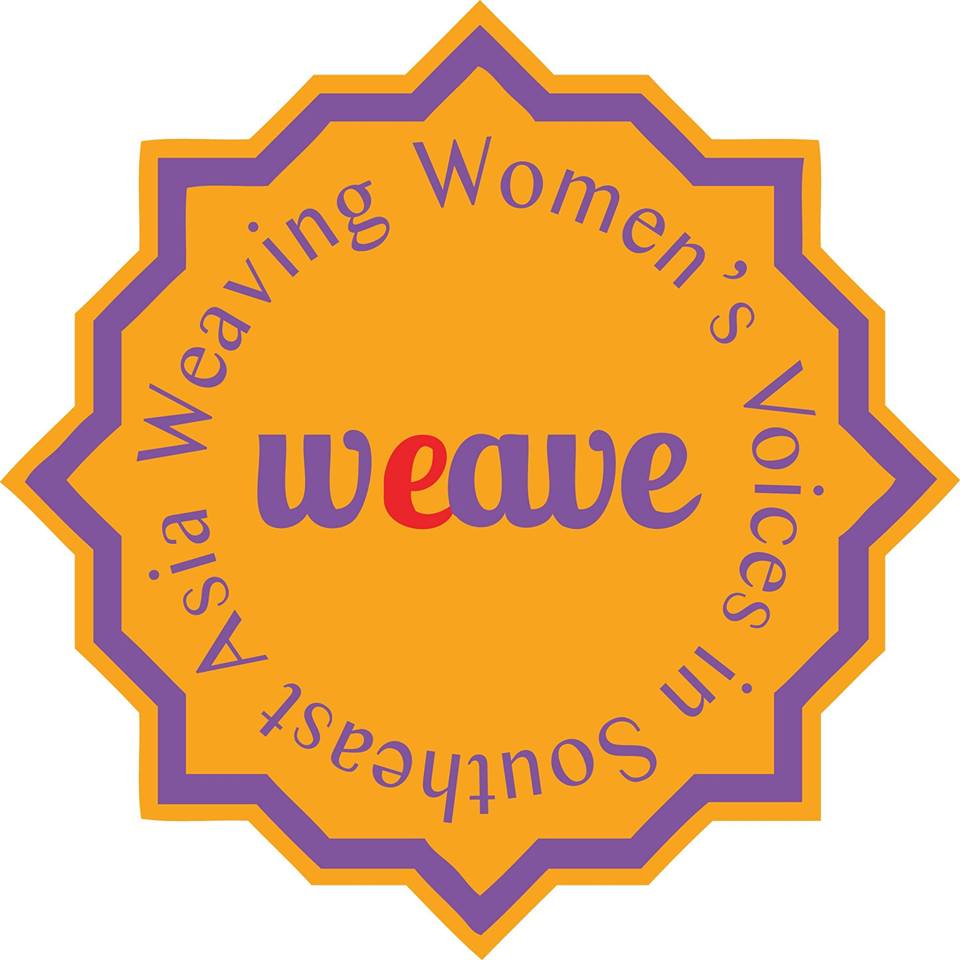
Building cross-regional, cross-movement solidarity in the struggle for progressive and feminist economic policy.
Who We Are
Team
Anita Nayar
Director
Anita has worked nationally and internationally on issues including women’s human rights, economic globalization, development, and climate justice. She previously served as Chief of the UN Non-Governmental Liaison Service in New York and on the Executive Committee of the South-based feminist network, Development Alternatives with Women for a New Era (DAWN).Heba Khalil
Education Director
As Education Director, Heba conceptualizes Regions Refocus's political education programming, especially focused on our Post-Colonialisms Today initiative. An Assistant Professor of Sociology and Criminology at Nebraska Wesleyan University, Heba is also a Senior Advisor at Social Justice Platform. Her work focuses on the political economy of Egypt and issues of tax justice, social mobilization, and poverty.Erica Levenson
Manager, Research and Programs
Erica manages research design, implementation, and publication across Regions Refocus's programs. She has previously worked with organizations such as the International Rescue Committee (IRC) and the United Nations High Commissioner for Refugees (UNHCR). Her research focuses on feminist and decolonial analysis of the gender-migration-trade-climate nexus, development, and governance regimes. Erica is originally from South Florida, USA and holds a Masters in International Affairs from The New School.Cinthia Chen
Communications Coordinator and Multimedia Producer
Cinthia is an artist by trade, deeply influenced by anti-colonial and feminist politics. At Regions Refocus, she works on visual content, communications strategy, and media relationships. She is passionate about exploring ways to utilize media and various artistic practices to further political advocacy.Senani Dehigolla
Sr. Program Coordinator
A scholar-activist from Sri Lanka, Senani has conducted extensive research in Northern Sri Lanka and East Africa on women’s civic and political participation in peacebuilding and post-conflict economic recovery. She maintains a critical perspective on conflict and security issues, the gendered consequences of armed conflict and humanitarian crisis, and injustices in the global economy in relation to livelihoods and development in the global South. Senani holds a Masters in International Affairs from The New School.How We Work
We believe that progressive, feminist economic policy is possible when actors work in solidarity across movements, sectors, and regions to imagine and pursue alternatives to neoliberalism. Regions Refocus cultivates the necessary infrastructure by:
- Convening progressive civil society, policymakers, academics, and activists to bridge their work
- Generating heterodox and feminist analysis with our allies to reshape contemporary policy thinking
- Coordinating advocacy and amplifying the work of South allies in regional and global policy arenas
- Building coalitions to sustain long-term work beyond fluctuations in funder priorities
Key Allies
Africa Trade Network
Africa Trade Network (ATN) is a coalition of civil society organizations, trade unions, researchers, and activists drawn from across Africa working on trade issues. Founded in 1998, ATN has worked on World Trade Organisation-related issues, the Economic Partnership Agreement, and other trade and finance-related issues. ATN seeks to present a coordinated and continent-wide voice that articulates the views of the marginalized and offers alternative policy options relevant for Africa’s development.
African Women's Development and Communications Network
African Women's Development and Communications Network (FEMNET) mobilises African women for achievement of gender equality and the realisation of women’s and girls’ rights at all levels.
Arab NGO Network for Development
Arab NGO Network for Development (ANND) is a regional network, working in 12 Arab countries with nine national networks (with an extended membership of 250 CSOs from different backgrounds) and 23 NGO members. ANND aims at strengthening the role of civil society, enhancing the values of democracy, respect for human rights and sustainable development in the region. ANND advocates for more sound and effective socio-economic reforms in the region, which integrate the concepts of sustainable development, gender justice, and a rights-based approach.
Asia Dalit Rights Forum
Asia Dalit Rights Forum (ADRF) advocates for human rights of the communities discriminated based on work and descent in Asia, and also extends solidarity to Africa, Europe, and the Americas.
Catchafyah Caribbean Feminist Network
CatchAFyah Caribbean Feminist Network is a collective of young passionate Caribbean activists and organisations. We span the Caribbean, representing such nations as Antigua and Barbuda, Barbados, the Bahamas, Belize, Grenada, Guyana, Haiti, Jamaica, Trinidad and Tobago, St. Kitts and Nevis, St. Lucia and St. Vincent and the Grenadines. We are farmers, social workers, artists, social entrepreneurs, counsellors, researchers, engineers, teachers and students. We work for social and economic justice and empowerment, particularly gender equity and women's rights. We stand against discrimination of any kind, including discrimination on the basis of sexual orientation and gender identity.
Council for the Development of Social Science Research in Africa
Council for the Development of Social Science Research in Africa (CODESRIA) was established in 1973 as an independent pan-African research organisation primarily focusing on social sciences research in Africa, and is headquartered in Dakar, Senegal. CODESRIA is recognised not only as the pioneer African social research organisation but also as the apex non-governmental centre of social knowledge production on the continent.
Development Alternatives with Women for a New Era
Development Alternatives with Women for a New Era (DAWN) is a network of feminist scholars, researchers and activists from the economic South working for economic and gender justice and sustainable and democratic development. DAWN provides a forum for feminist research, analyses and advocacy on global issues (economic, social and political) affecting the livelihoods, living standards, rights and development prospects of women, especially poor and marginalized women, in regions of the South. Through research, analyses, advocacy and, more recently, training, DAWN seeks to support women’s mobilization within civil society to challenge inequitable social, economic and political relations at global, regional and national levels, and to advance feminist alternatives.
Diverse Voices and Action for Equality
Diverse Voices and Action for Equality (DIVA) comes out of South feminist and lesbian activism, and links into wider women's, youth, human rights, ecological, climate justice, trade justice, sustainable development and peace-building alliances and coalitions in Fiji and abroad.
Institute for Gender and Development Studies
Institute for Gender and Development Studies (IGDS) is a regional institute with a mission to produce and disseminate knowledge to transform gender relations in the Caribbean in support of the University of the West Indies mission to enhance regional and international development.
Institute of Law and Economics
Institute of Law and Economics (ILE) is a private non-profit organization established in 1999 to foster collaboration, innovation, research/consultancy, public education and discussion between the legal and economic professions with a view to promoting a multi-disciplinary approach to sustainable development.
Latin American Network on Debt, Development and Rights
Latin American Network on Debt, Development and Rights/ Red Latinoamericana sobre Deuda Desarollo y Derechos (LATINDADD) is composed of institutions, teams, and campaigns from Latin American countries, which work to solve problems derived from systemic crisis, and to create conditions that allow the establishment of an economy for the people, in which economic, social and cultural rights are upheld.
Latin America Gender and Trade Network
The Latin America Gender and Trade Network brings together Latin American women interested in researching and raising awareness of the gendered effects of economic policies and trade agreements, and the interests driving transnational corporations and other economic and social actors in the region. The Network promotes coordination with other women's organizations to organize critique and try to influence governments and international organizations, towards policies that promote economic justice and gender equality.
Social Justice Platform
Social Justice Platform (SJP) is an independent Initiative. We are a group of action-oriented academic researchers, from the fields of economics, political science, anthropology, and sociology. We seek to analyze social and economic structures in Egypt in ways that promote social change and support the extraordinary struggles of Egyptian workers, employees, students, farmers, and citizens. We believe in human rights in so far as they mean collective economic and social rights, and believe in the important role citizens should play in policy-making, and in their right to accessing information and participating in governance. We are inspired by an ideal we seek to reach in our work – the ideal of social justice.
Southern and Eastern Africa Trade Information and Negotiations Institute
Southern and Eastern Africa Trade Information and Negotiations Institute (SEATINI), established in 2001, is one of the leading NGOs working on issues of trade, fiscal, and development issues. SEATINI Uganda has focused on strengthening stakeholders’ capacity to influence trade, fiscal, and related policies and processes at national, regional and international levels for sustainable development and improved livelihoods in Uganda and the East African region.
The South Centre
The South Centre is an intergovernmental policy research think-tank composed of and accountable to developing country Member States. It conducts policy-oriented research on key policy development issues, and supports developing countries to effectively participate in international negotiating processes that are relevant to the achievement of SDGs. The Centre promotes the unity of the South in such processes while recognizing the diversity of national interests and priorities.
Third World Network-Africa
Third World Network-Africa (TWN-Africa) is a Pan-African research and advocacy organization which works for economic and social equity within Africa and for an equitable place for Africa in the global order. Since 1994, we have focused on strategic development issues facing Africa in the age of globalization, such as extractives, trade and investment, international finance, gender and systemic inequalities and inequities as well as climate change, SAPs and debt.
Tunisian Observatory of Economy
Tunisian Observatory of Economy/ Observatoire Tunisien de l'economic (TOE) seeks to provide guidance to citizens with regard to economic policies and their impact on development through independent, objective, documented and critical information. The TOE is the result of a 2012 initiative undertaken by a number of researchers, analysts and activists concerned about Tunisian public policies, after the onset of the Tunisian revolutionary process. The TOE was originally set out as an International Financial Institutions (IFIs) activities’ watchdog group. This group was subsequently set up as a network that aims to unravel and highlight the impact, role, and significant influence of IFIs on public policy-making in Tunisia.
Weaving Women's Voices in Southeast Asia
Weaving Women's Voices in Southeast Asia (WEAVE) is a regional group of women’s organizations and advocates working at the national level in six ASEAN countries: Brunei Darussalam, Cambodia, Indonesia, Myanmar, the Philippines, and Thailand. WEAVE advocates for women’s rights issues in ASEAN across all three pillars, particularly as related to gender equality, women’s political participation, violence against women, trafficking, and access to justice, among other women’s issues including in the context of conflict situations and peace processes. WEAVE also aims to enable and facilitate meaningful and informed participation of women in the ASEAN processes and mechanisms.






